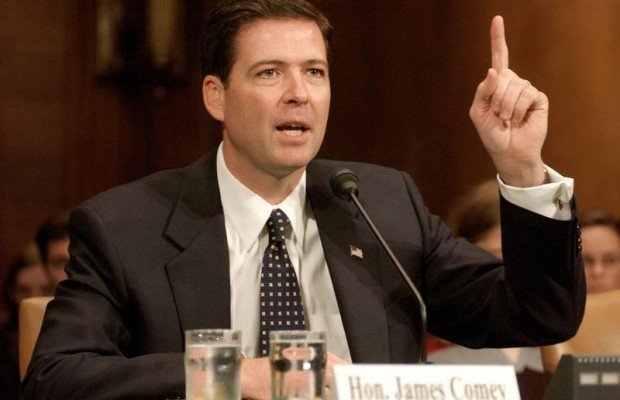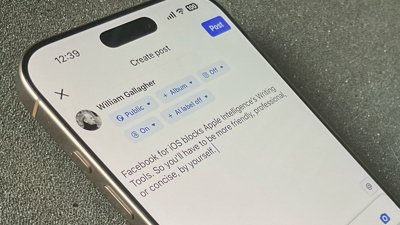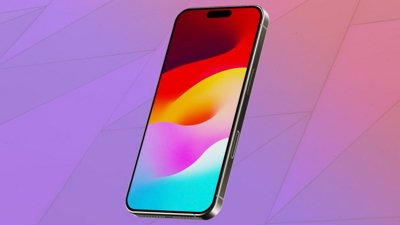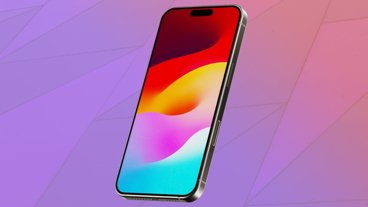Law enforcement officials have continued to make their case against the new, heftier encryption introduced last year by Apple and Google for their respective mobile operating systems, charging once again that the changes are standing in the way of capturing murderers, pedophiles, sex traffickers, and terrorists.
"The new encryption policies of Apple and Google have made it harder to protect people from crime," a group of police and prosecutors wrote in an opinion piece published Wednesday by The New York Times. Manhattan district attorney Cyrus R. Vance Jr., Paris chief prosecutor François Molins, City of London Police commissioner Adrian Leppard, and chief prosecutor of the High Court of Spain Javier Zaragoza share the byline.
They argue that allowing people to encrypt their data without a backdoor amounts to forcing law enforcement "to proceed with one hand tied behind [their] backs," and that the actions which precipitated these changes — Â including the NSA data collection scandal — Â may be unfortunate, but do not justify the response.
"The new Apple encryption would not have prevented the N.S.A.'s mass collection of phone-call data or the interception of telecommunications, as revealed by Mr. Snowden," the piece reads. "There is no evidence that it would address institutional data breaches or the use of malware. And we are not talking about violating civil liberties — we are talking about the ability to unlock phones pursuant to lawful, transparent judicial orders."
The relative lawfulness and transparency of those orders was not addressed.
Inaccessible, encrypted iPhones are said to have held up investigations including "the attempted murder of three individuals, the repeated sexual abuse of a child, a continuing sex trafficking ring and numerous assaults and robberies." Oddly, no such data for Android devices was offered, nor were any statistics that may have shed light on the benefits of encryption in stopping identity theft, blackmailing, or similar crimes when handsets are stolen.
This is not the first attack by law enforcement on widespread mobile phone encryption, and it is unlikely to be the last. Arguing that such encryption provides only "marginal benefits," Vance, Molins, Leppard, and Zaragoza call on government to regulate it — Â a policy which has been tried, and failed, before.
 Sam Oliver
Sam Oliver

-m.jpg)






 William Gallagher
William Gallagher

 Andrew O'Hara
Andrew O'Hara
 Wesley Hilliard
Wesley Hilliard

 Malcolm Owen
Malcolm Owen
 Marko Zivkovic
Marko Zivkovic




-m.jpg)




69 Comments
Very disturbing.
If the government is all upset about not getting a back door into my phone, then I salute Apple for doing the right thing and standing by their decision.
I want my phone encrypted. I live in a country that had and still has an intelligence service aka secret police that spied on people and not for the greater good but for their own protection and their own benefit. I like that my phone is encrypted, my iMessage and facetime calls are secure even if I have nothing to hide.
All BS they can still track the phones, how was crime even solved before cell phones?
The old 'think of the kids' line, when they can't think of a better justification. That and 'the terrorists will get you.' Scaremongering at its finest.